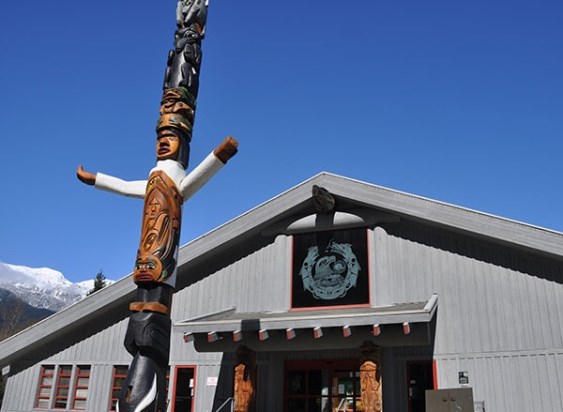When the Squamish Nation holds its vote to determine its position on Woodfibre LNG, it will be marking an important milestone not only for its Nation, but possibly also for the rest of B.C.
The Squamish have broken new ground when it comes to taking control, and they are determining what is acceptable for development in their territory. To do this, Squamish Nation conducted its own rigorous and independent environmental review and, through that process, it determined 25 conditions that need to be met before council can even consider the proposal being put forward by Woodfibre LNG. Woodfibre LNG has since accepted those conditions.
Chief Ian Campbell has been clear that Squamish Nation has “not yet come to a decision on the proposed project.” That decision will take place in a vote planned for the fall.
As a former leader of the Tahltan First Nation, I respect and understand this position, because I know it is imperative that the Nation not only set a high standard, but also that it be confident all of its conditions will be met.
I also understand and empathize with the pressure the leadership and Nation are facing when making decisions about the future of their lands and water, and when determining the economic benefits.
In the Tahltan Nation, our priority has always been to ensure that the economic benefits far outweigh the environmental risks. To do this, we secured generational agreements that include revenue and profit sharing, employment and training contracts, and business opportunities for our members. We also ensured that the environmental impacts were mitigated through our own assessment.
Although the Squamish process has so far been focussed on environmental conditions, I believe that if the project is to proceed, there needs to be many economic and employment opportunities for the Squamish Nation members. Therefore, the next steps of this process – once the environmental protections are confirmed – need to be about the Squamish people pushing to maximize those economic opportunities.
I applaud the Squamish Nation for creating its own environmental assessment process. I believe Squamish has already ensured a higher level of environmental protection than would come from the assessments being done by the federal and provincial governments.
Squamish has also set a high standard in the self-governance of our nations by creating a process that is based on our own natural laws.
Annita Mcphee
North Vancouver



